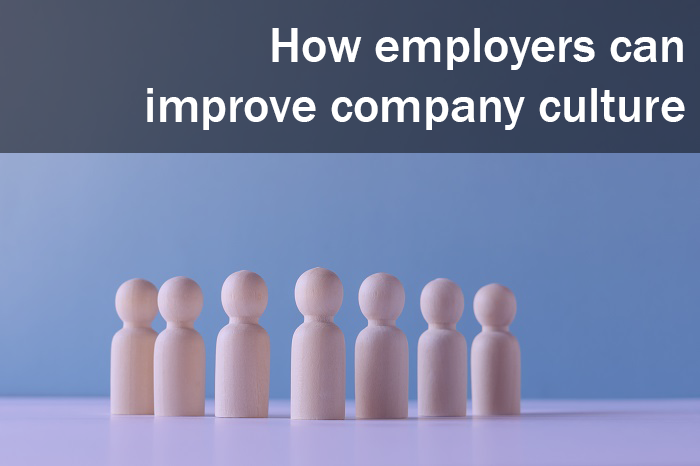The COVID crisis continues.
In May, 88% of Americans thought they’d be back to work in December. Now, as the second wave sweeps across the world, we realize we’re going to be fighting this virus for some time to come.
In this environment, the job of HR and senior leaders is not just to make the workplace safe, but also to flatten the curve. In effect, we must all become public health experts. Executive participants in our Big Reset are all making plans for the new workplace. Companies are developing new safety protocols, mental resilience programs, hybrid work models and human-centric leadership strategies to adapt.
The field of public health was defined by Charles Winslow, a bacteriologist and founder of the Yale School of Public Health, as “the science and art of preventing disease, prolonging life and promoting health through the organized efforts and informed choices of society, organizations, public and private communities, and individuals.” Our companies and customers are “communities,” so public health practices are a perfect fit as we work to make our organizations healthy, productive and safe.
Related: HR’s next big job: Convincing employees to get COVID vaccines
Humans have been dealing with viruses for hundreds of years. SARS and MERS were far more deadly but thankfully less contagious. We all have to realize that this pandemic is not a one-time event. We will be living with the challenge of infectious disease for years into the future.
Nicholas Christakis, author of Apollo’s Arrow, points out that the 1918 flu virus had a second wave that was four times as deadly as the first. Life didn’t return to “normal” for almost four years, and even then, there were permanent changes.
The impact of the pandemic is expansive. Trust, culture, wellbeing and the economy are all impacted, which is why I believe we must take a systematic approach. Rather than focusing solely on creating safe workplaces, we need to think about building organizations that can respond to crises, adapt as needed and safeguard talent.
Suppose your company has a COVID-19 outbreak and the virus starts to spread among employees. Addressing the situation from a public health perspective would have you and your teams not only determining how to respond but also looking for factors potentially causing the problem. Are employees wearing masks? Are they sitting too close together? Did someone bring the virus in from home? Are employees ignoring protocols because of pandemic fatigue? Do they have enough information to make the right decisions? Or are some not able or willing to comply?
Public health leaders also talk about the importance of humility when dealing with a new virus. Nobody really knows what a new virus will do. Experts have to be humble, study new data, move on from mistakes and constantly innovate where needed. We need to take the same approach in business.
If you read about pandemics of the past, you see that they don’t just end; rather, they transform lifestyles, expectations, choices and even fears. Even if we see a strong recovery next year, we’ll be working through the effects of this pandemic for several years. Therefore, your workplace and public health strategies should be built to last. A vaccine will not make the problems we’ve been dealing with over the past months magically go away.
Read more from Josh Bersin HERE.
We also have to be relentless in helping employees understand that public health is not about protecting the individual–it’s about protecting others. This means creating workplace health policies that drive collective thinking. Just as we work to encourage teamwork, knowledge sharing and collaboration at work, we must help employees understand their role in protecting everyone around them. This whole spirit of giving back must be core to your workplace health strategy.
The Deloitte Global Millennial Survey 2020, which surveyed more than 18,000 professionals under the age of 45 (74% of the global workforce), found that citizenship is on the rise. Seventy-eight percent of respondents say the pandemic has taught them to be more sympathetic and helpful to their community.
I encourage you to tap into this sentiment as you create your own safe workplace strategies. We’re all in this together. Only by protecting our fellow employees and customers can we protect ourselves.




